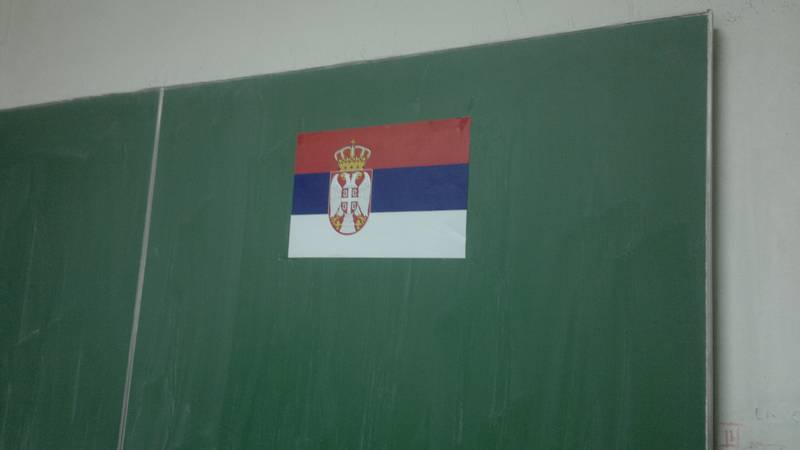The Balkan Appendix
Adelina Marini, October 6, 2014
This is the title of an article by Nikola Jovanovic, programming director of the Centre for International Cooperation and Sustainable Development, for the Serbian weekly Nin. In his analysis, he points out that by removing the enlargement commissioner and merging his portfolio with that of the commissioner for neighbourhood policy in the new European Commission, the EU is sending a message, "undisguised this time", that the Western Balkans do not have sufficient geopolitical significance and that they are, practically, an "appendix". The Union's attention will now shift toward Ukraine and the Caucasus, the author believes. This is true to some extent, but not entirely. In Barroso's outgoing Commission, Enlargement Commissioner Stefan Fule is also responsible for the neighbourhood policy. It is totally true, though, that the enlargement was a priority and the neighbourhood policy was rather a sideline story.

In the new European Commission, the roles are expected to turn upside down, but not entirely. The focus falls now only on enlargement negotiations not enlargement in general and will be centred on quality instead of speed, as the candidate for this position Johannes Hahn (Austria) explained during his audition in front of the foreign affairs committee of the European Parliament on 30 September.
Nikola Jovanovic explains in detail the reasons about the change, recalling that the delay of the enlargement process has begun with the accession of Bulgaria and Romania and later of Croatia. The second reason for the loss of interest toward continuation of the expansion in its current form is the 2008 crisis which split the EU into austerians and spenders or, as the author describes it, of France in an alliance with the southern periphery and Germany. However, it is not realistic to expect, the author says, that enlargement in the EU periphery will remain a priority, given that within the Union itself there is still no unanimity about a vision of the structure and spending.
Despite the formal process of EU accession, though, without leaving the geopolitical dead-end street and without an annual GDP growth of 4% Serbia cannot be a serious candidate for EU membership. Europe can be reached only through development, the Serbian analyst adds. He sees lots of space for Serbia's development. From a geopolitical standpoint, he writes, it would be wrong to view the Balkans as misfits. Serbia could respond to "Brussels's current sedative" by not falling asleep and conducting active policy of affirming its own geopolitical capacity. The country can use its upcoming presidency over the OSCE to show diplomatic talents and disprove the thesis of the "appendix".
In order to do that, however, Serbia should first clear its relations with Russia. The position "we're for the EU but with Russia" is a problem for the Union. Johannes Hahn, the enlargement negotiations commissioner-designate, said that such a position has to be discussed and that this will take time. As it is today, this position will certainly not take Serbia at the level Mr Jovanovic is writing about. He is right, though, that with strong economic growth, and we could add genuine reforms, Serbia's success is guaranteed. But Belgrade should know that the experience with Bulgaria and Romania had a significant impact on the enlargement process and Croatia, which joined in 2013, as well as Montenegro which is in the early phases of negotiations know that very well. The developments in Hungary, however, is another very serious reason why the integration of the Western Balkans is being delayed.
 Bakir Izetbegovic, Andrej Plenkovic | © Council of the EU
Bakir Izetbegovic, Andrej Plenkovic | © Council of the EU Aleksandar Vucic, Recep Tayyip Erdogan | © Serbian Presidency
Aleksandar Vucic, Recep Tayyip Erdogan | © Serbian Presidency Jean-Claude Juncker, Zoran Zaev | © European Commission
Jean-Claude Juncker, Zoran Zaev | © European Commission